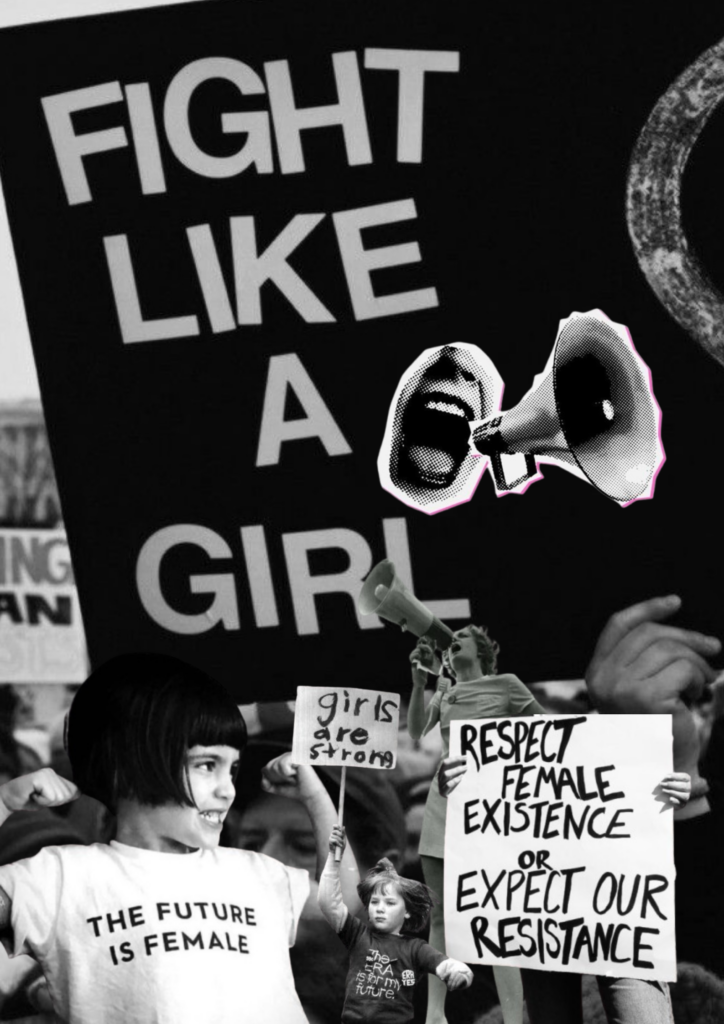Highlight 42/2025: How are UN agencies adapting human rights governance to address global backlash against gender equality?
Juliette Béna, 28 October 2025

In 2025, the promotion of gender equality, that has been once considered a broadly accepted pillar of human rights, is increasingly the subject of political contestation and backlash. Across global forums, language and principles long enshrined in international agreements are now facing sustained pushback. What distinguishes the current wave of resistance is not only its intensity but also its origin: challenges are emerging not solely from traditionally conservative states, but also from within established democracies. This backlash is manifesting most visibly in multilateral negotiations, where terms like “gender”, “intersexuality”, and “sexual reproductive health and rights” are being questioned or rejected outright. Issues such as women’s leadership, bodily autonomy, and comprehensive sexuality education, once central to global gender equality agendas, are now politically sensitive areas. The shift reflects broader cultural and political trends in which gender discourse is being reframed as ideological or divisive, rather than as a human rights imperative. For UN agencies tasked with advancing gender equality through law, policy and programming, this changing landscape presents both strategic and normative challenges: how to protect long-standing commitments while remaining effective in a more polarized world.
At the 69th session of the UN Commission on the Status of Women (CSW69) in March 2025, the US delegation, aligning with countries like Russia and Argentina, advocated for the removal of language promoting gender parity in peacekeeping and leadership roles. Notably, they opposed provisions encouraging the nomination of female candidates for the UN Secretary General position, arguing for qualifications-based selections devoid of gender considerations. Further, the US has challenged the inclusion of diversity, equity and inclusion (DEI) initiatives within UN frameworks. In February this year, the US delegation objected to standards references to DEI in UNICEF’s documents, marking the first time since the agency’s inception that such a consensus was disrupted. The US stance emphasized a return to traditional definitions of gender equality, cautioning against what it termed “gender ideology”.
In response, UN agencies are recalibrating their approaches to human rights governance. The Office of the High Commissioner for Human Rights (OHCHR) has issued updated interpretive guidance reinforcing gender identity protections as part of states’ obligations under international law. UN Women has worked to embed gender equality within broader development and climate frameworks to sustain political support in contentious negotiations.
Strategically, agencies are expanding their partnerships with civil society to maintain legitimacy and momentum. UN Women, for example, has deepened cooperation with the Solidarity for African Women’s Rights (SOAWR) coalition, a network of over 70 organizations in 33 African countries, to advance the implementation of the Maputo Protocol and promote gender-responsive legal reforms across the continent. OHCHR has partnered with the Women’s Human Rights Defenders International Coalition (WHRDIC) to document reprisals against women activists and provide protection mechanisms for those facing threats due to their advocacy. In Latin America, UNFPA and ECLAC have supported feminist economic networks in reframing care work and unpaid labor as central macroeconomics issues, a move that has gained traction among regional policymakers.
While navigating these challenges, UN agencies emphasize the universality of human rights and the necessity of maintaining inclusive frameworks. The current climate underscores the importance of resilience and adaptability in promoting gender equality, ensuring that progress achieved over decades is not eroded by emerging opposition. Their response, rooted in legal frameworks, institutional innovation and strategic alliances, reflect not retreat, but resilience.
Juliette Béna, Highlight 42/2025: How are UN agencies adapting human rights governance to address global backlash against gender equality?, 28 October 2025, available at www.meig.ch
The views expressed in the MEIG Highlights are personal to the authors and neither reflect the positions of the MEIG Programme nor those of the University of Geneva.
